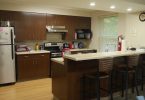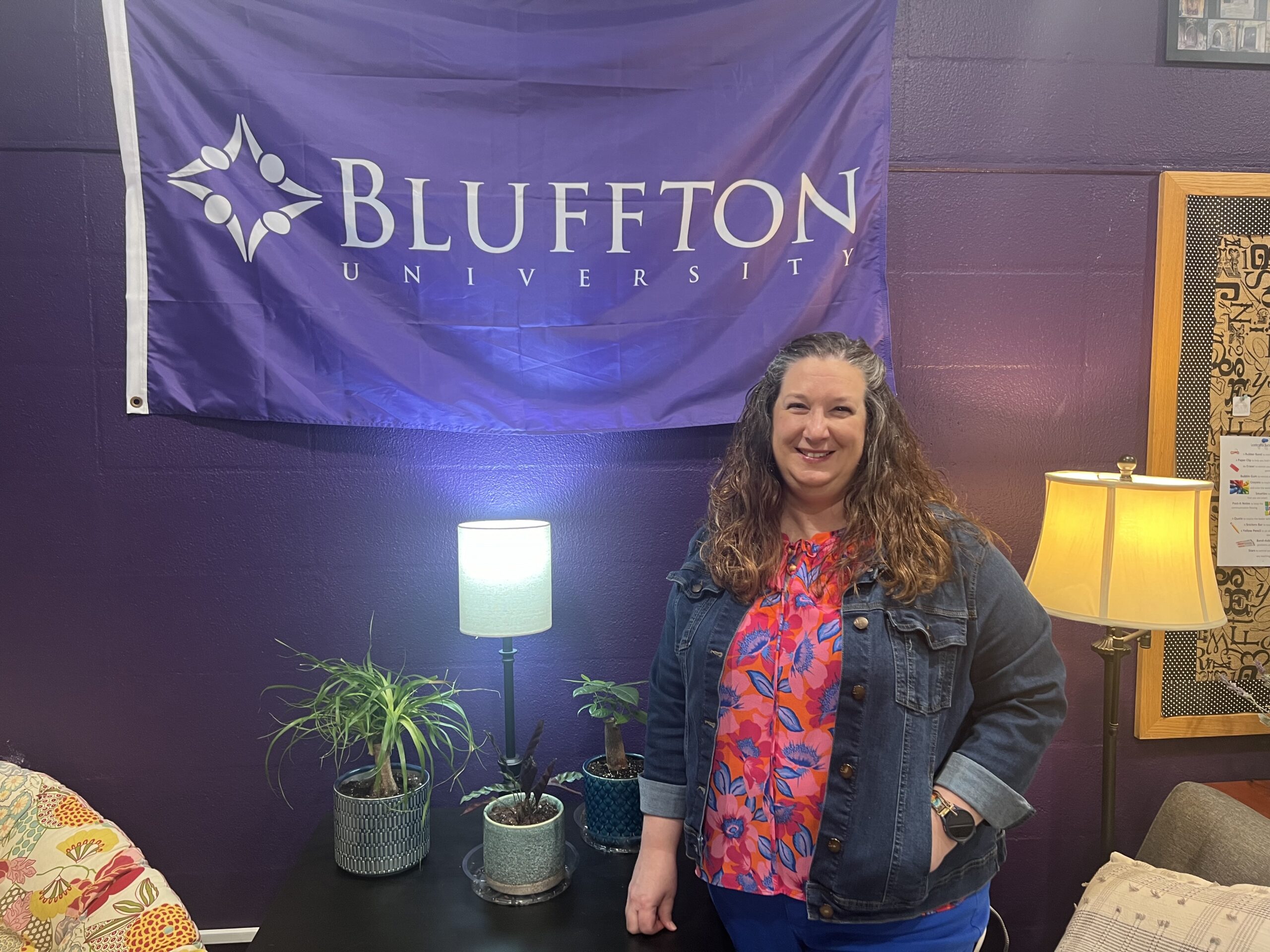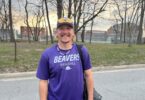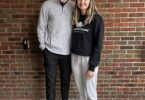Many universities across the nation were unable to complete an in-person semester in the midst of the COVID-19 pandemic. However, Bluffton University finds itself as one of the rare institutions that was able to do so. Now, students and staff reflect on the accomplishment, what it took to make it to this point, and what this means for future semesters.
The Bluffton University Student Health and COVID-19 Steering Committee developed the #ProtectTheDam plan which set out the guidelines and health procedures that the university would adhere to as they navigated through the semester.
“We managed to get through when other universities didn’t because we had a very good plan,” said Sherri Winegardner, director of the Bluffton University nursing program and leader of both the Student Health Advisory Committee and the Student Health and COVID-19 Steering Committee. “The Steering Committee spent all late spring and summer working on that plan and making sure that everything was in place.”
In addition to requiring daily temperature checks and symptom monitoring, the #ProtectTheDam plan required masks to be worn on campus and in the dining hall. Winegardner further credits the success of the semester to students who followed these rules.
“Overall, our students have done a phenomenal job of wearing masks and social distancing,” said Winegardner. “People have really put their best effort into being successful and safe this semester.”
In the last three weeks of the semester, there was a sharp uptick of COVID-19 cases on campus. The increase in cases led to concerns of the university moving into the “code red” phase of the #ProtectTheDam plan, which would have required all classes to transition to remote learning.
Through contact tracing, testing and quarantine/isolation procedures the university was able to contain the outbreak and continue doing on-campus learning. According to Winegardner, contact tracing revealed social gatherings during Halloween weekend were responsible for the outbreak.
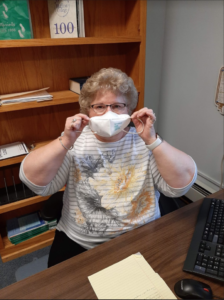
Sherri Winegardner, Project Manager for the Student Health and COVID-19 Steering Committee at Bluffton University demonstrates the proper way to hold your mask when you are putting it on or removing it. Wit file photo by Sarah Heydinger.
“Sticking to the plan allowed us to make it through,” said Winegardner when asked how the Steering Committee responded to the outbreak. “The committee met frequently to see how things were going. It was a minute-by-minute process. We did a lot of close monitoring, and students were fantastic about contacting me or other members of the team if they had concerning symptoms.”
Not only did in-person learning persist throughout the semester, but so did athletic competitions. Out of the sixteen sports teams at Bluffton University, twelve of them were able to compete against other teams in the form of both home and away games. However, spectators were not allowed at any of the home games.
“The athletic department and administration was willing to do whatever it would take in order to allow student-athletes the opportunity to compete,” said Kimberly Schimmoeller, head athletic trainer and deputy director of athletics and Bluffton University. “We followed the NCAA recommendations which provided us with guidelines for testing, games and locker rooms. Following these recommendations allowed us to regularly test our student-athletes and allow them to compete.”
According to Schimmoeller, the athletic department will continue to review the newest NCAA safety recommendations to ensure that student-athletes can continue to compete in January.
The #ProtectTheDam plan required breaks to be removed from the semester in order to reduce the risk of students coming back and forth from home and spreading the virus. The streamlined nature of the semester proved to be mentally and emotionally taxing for some students.
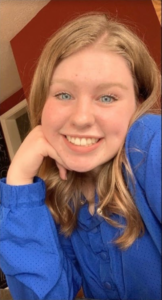
Madison Ament, senior speech pathology major and resident advisor of third floor Neufeld. Photo courtesy of Madison Ament
“It was mentally draining that we didn’t have breaks,” said Madison Ament, senior speech pathology major and resident advisor of third floor Neufeld. “It was good that we were able to plow through it, but I still think that it was definitely a mental health strain.”
Ament found herself in quarantine multiple times throughout the semester.
“I think the university did a good job of making sure we had food in quarantine,” said Ament “Most of my professors were really good about helping me Zoom into class, giving tests online and giving students assignments that they could do from their rooms.”
As the semester comes to a close, Winegardner and the rest of the steering committee will reflect on what worked, what did not work and what the goals for the next semester are.
“Communication was key,” said Winegardner.“We did our best to be as transparent as possible. The committee was very responsive to emails that we received from students regarding their questions and concerns. President Wood did a good job of keeping everyone informed with her bi-weekly updates. I expect that the #ProtectTheDam plan will go on with probably some modifications and enhancements.”
Winegardner encourages students to continue to practice mask-wearing, hygiene and social distancing during break in order to ensure a safe return to campus in January.

